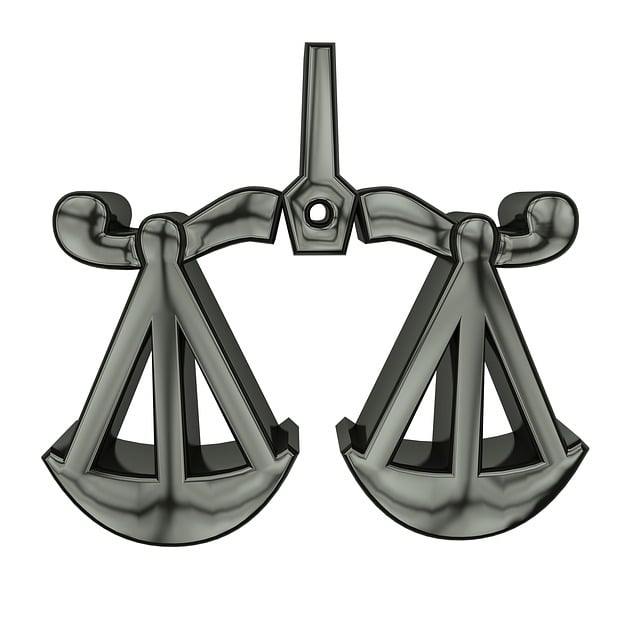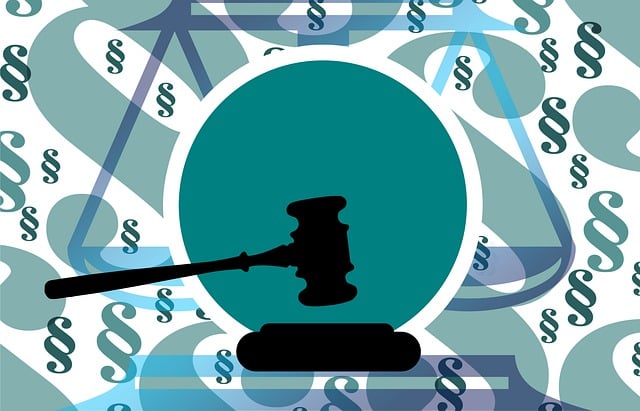Healthcare compliance experts are essential in navigating complex legal landscapes shaped by Sentencing Guidelines Reform and Policy Changes. They provide strategic advice tailored to clients' specific circumstances, ensuring robust defenses that exceed regulatory expectations. With dramatic policy alterations, these experts guide institutions through investigations and enforcement processes, fostering ethical conduct and adherence. Staying informed, encouraging open communication, and offering personalized guidance are key strategies for successful adaptation in the dynamic healthcare industry. The future of compliance focuses on proactive risk management, utilizing insights from white-collar crime trends to predict regulatory shifts and implement robust internal controls.
Healthcare Compliance Experts play a pivotal role in navigating complex regulatory landscapes, especially with recent sentencing guidelines reform. As policies evolve, these professionals ensure organizations remain compliant, mitigating legal risks. This article explores their crucial expertise in light of sentencing reform and policy changes. We delve into key challenges, current strategies, and insights from industry experts shaping the future of healthcare compliance, offering valuable guidance for navigating this dynamic landscape.
- Navigating Sentencing Reform: Experts' Role
- Policy Changes: Impact on Healthcare Compliance
- Key Challenges in Adapting to New Guidelines
- The Future of Compliance: Expert Strategies and Insights
Navigating Sentencing Reform: Experts' Role

As sentencing guidelines reform continues to shape the legal landscape, healthcare compliance experts play a pivotal role in navigating these policy changes. These professionals are well-versed in interpreting complex Sentencing Guidelines Reform and Policy Changes, ensuring their clients remain compliant with the evolving regulatory environment. Their expertise extends beyond technical knowledge; they guide individuals and organizations through the intricate web of legal requirements, offering strategic advice tailored to specific circumstances.
Healthcare compliance experts leverage their understanding of both the philosophical and political communities driving these reforms. For his clients, this translates into robust defenses that not only meet but exceed regulatory standards. In the realm of general criminal defense, their insights enable effective strategies, demonstrating a commitment to just outcomes while adhering to stringent legal frameworks.
Policy Changes: Impact on Healthcare Compliance

Policy Changes, including Sentencing Guidelines Reform, significantly shape the landscape of healthcare compliance. These alterations often reflect broader societal shifts and legal trends, demanding expert navigation for healthcare organizations to maintain adherence. Every update presents new challenges, from adapting procedures to ensuring data privacy and ethical practices in light of changing standards.
Healthcare Compliance Experts play a pivotal role in managing these transitions. With an unprecedented track record in navigating high-stakes cases, they guide institutions through all stages of the investigative and enforcement process. Their expertise ensures that policy changes are not just met but exceeded, fostering a culture of unwavering ethical conduct and regulatory adherence within healthcare systems.
Key Challenges in Adapting to New Guidelines

The healthcare industry is constantly evolving, subject to Sentencing Guidelines Reform and Policy Changes that can significantly impact operations. Adapting to new regulations presents a unique set of challenges for compliance experts. One major hurdle is interpreting and comprehending complex policy updates, which often require in-depth legal knowledge and close attention to detail.
Additionally, these reforms and changes may lead to adjustments in investigative and enforcement processes, demanding that professionals navigate through all stages with precision and adaptability. The balance between ensuring corporate and individual clients remain compliant and managing the unprecedented track record of regulatory shifts can be delicate. Effective strategies involve staying abreast of industry trends, fostering open communication, and providing tailored guidance to meet the unique needs of each client throughout these transitional periods.
The Future of Compliance: Expert Strategies and Insights

The future of healthcare compliance is being shaped by dynamic shifts in sentencing guidelines reform and policy changes. These evolutions demand that experts navigate a complex landscape, ensuring adherence to ever-changing regulations. The focus has expanded beyond mere compliance to proactive risk management, leveraging insights from analyzing trends in white collar and economic crimes. This strategic approach involves predicting regulatory shifts, anticipating potential non-compliance issues, and implementing robust internal controls – all crucial elements for success in the current healthcare environment.
With high-stakes cases becoming increasingly common, experts must possess a deep understanding of both legal and industry nuances. They must be adept at translating complex policy changes into actionable strategies, enabling organizations to mitigate risks effectively. Sentencing Guidelines Reform, in particular, necessitates a keen awareness of how these adjustments impact various healthcare scenarios, demanding agile expertise for optimal compliance.
Healthcare compliance experts play a pivotal role in navigating complex sentencing reform and adapting to policy changes. As these reforms and policy shifts occur, particularly in response to Sentencing Guidelines Reform, professionals must stay agile and informed. By understanding the impact of Policy Changes on Healthcare Compliance, they can anticipate challenges and develop effective strategies. Looking ahead, the Future of Compliance lies in embracing innovative expert strategies, ensuring organizations remain not just compliant but also proactive in an ever-evolving regulatory landscape.






